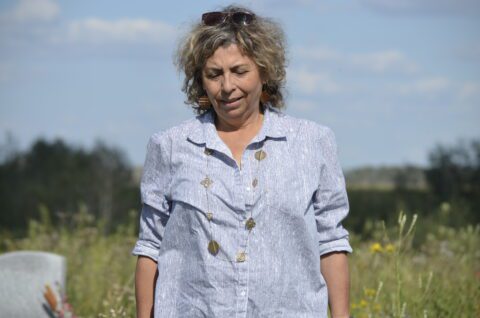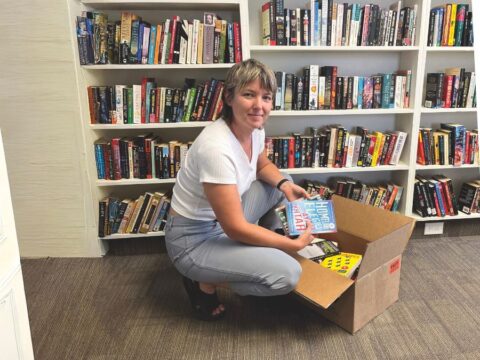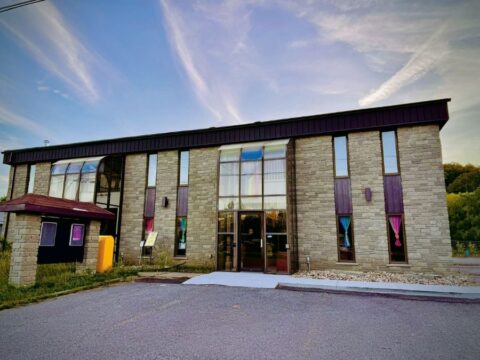While Canadians adjust to a new federal government, we are also dealing with a trade war and threats of annexation from the United States. Based on my circle of Indigenous communities, I suspect families and leaders across this country are not so focused on the chaos that U.S. President Donald Trump’s comments have wrought as they are on attending to the immediate legacy of colonialism, including pressing needs such as access to healthcare and clean water.
Canada itself is an ongoing colonial project and we have much work to do. At the release of Canada’s Truth and Reconciliation report, the late Senator Murray Sinclair said,“We have described for you a mountain, we have shown you the path to the top. We call upon you to do the climbing.” Words have been spoken and reports have been published that redress the legacy of Indian Residential Schools, which were only one aspect of Canada’s colonization effort.
You may unsubscribe from any of our newsletters at any time.
For 500 years, Indigenous people have resisted colonization. The spark behind this struggle goes beyond just the resilience of a people. We resist because natural laws teach us there is enough for all. They show us that greed and capitalism do not lead to Mino-Pimatisiwin, a Cree term that translates to “the good life.” It is a holistic approach to well-being that emphasizes interconnectedness among the physical, emotional, mental and spiritual aspects of an individual. It is a lifelong journey that seeks deeper understanding of oneself and to live with respect with others and the natural world.
More on Broadview:
- 3 churches on the Canada/U.S border grapple with political tensions
- The growing malaise with ‘Indian Missions’
- 3 mental health experts on how to manage Trump-era stress
Growing up on the Peepeekisis Cree Nation, I didn’t have access to kindergarten programs. My preschool days were spent exploring the land with all of my senses. I am grateful for these formative experiences. They have shaped who I am and how I relate to the world. The earth and the life that inhabits it continue to be my greatest teachers.

Indigenous peoples’ connection to the land is more than a legal or historical relationship. It is inherent. It defines who we are. This is why, in response to threats to the earth’s well-being, we see in our newsfeed Indigenous Peoples’ signs of protest that say Defenders of the Land and we witness Water Walkers traversing 2,000 kilometres around Lake Huron to honour and pray for its wellness.
The minerals, the rocks, the water and the air we breathe do not belong to corporations or nations. They are their own entity. Our identity and our well-being is bound up with theirs. This is why, even in the midst of complex struggles within our communities, Indigenous people will continue to defend the land and the goodness that lies within it.
The authors of For Indigenous Eyes Only, A Decolonization Handbook believe that all Indigenous Peoples should have these two words in their vocabulary: colonization and decolonization. Here is how they define them:
Colonization refers to both the formal and informal methods (behaviours, ideologies, institutions, policies, and economies that maintain the subjugation or exploitation of Indigenous Peoples, lands, and resources. Colonizers engage in this process because it allows them to maintain and/or expand their social, political, and economic power.
and,
Decolonization is the intelligent, calculated and active resistance to the forces of colonialism that perpetuate the subjugation, and/or exploitation of our minds, bodies, and lands, and it is engaged for the ultimate purpose of overturning the colonial structure and realizing Indigenous liberation.
I suggest that all Canadians have these words in their lexicon. It is in naming the issue that we gain a deeper understanding of its nature and a growing sense of empowerment to act.
We’d do well to learn from a highly respected relative of the people of the Plains: the buffalo, which strategically faces the storm head on. In this way, it has the ability to navigate harsh conditions more effectively. In a similar fashion, Indigenous people will continue to resist forces that perpetuate the exploitation of Earth and its inhabitants.
***
Maggie Dieter is a semi-retired United Church minister living in Regina, happily connecting with family and to her homeland (Treaty Four).














